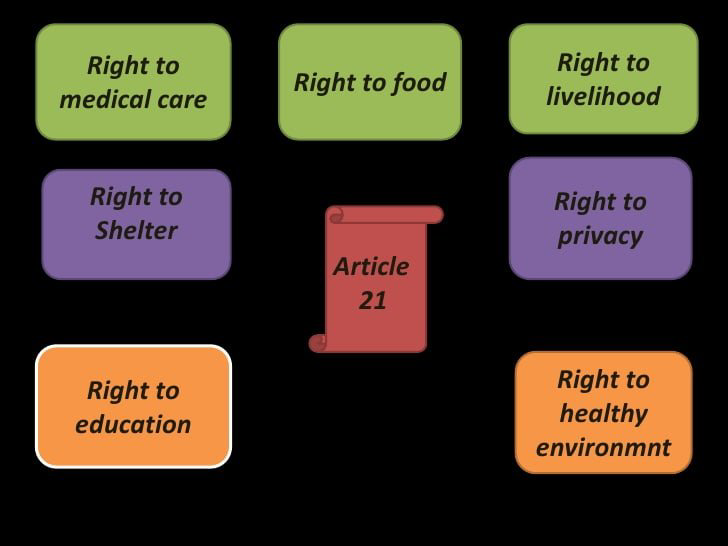Supreme Court Clarifies Conditions for Suspending Fines
Why in the news?
The Supreme Court ruled that courts must avoid imposing impractical conditions when suspending fines, emphasising that unreasonable requirements could obstruct an individual’s right to appeal and violate constitutional protections of personal liberty.
Impractical Conditions for Suspension:
- The Supreme Court emphasised that courts must avoid imposing impractical conditions when suspending sentences involving fines.
- It highlighted that overly stringent requirements could obstruct an individual’s right to appeal, violating Article 21 of the Constitution, which protects personal liberty.
Balancing Punishment and Rights:
- The court noted the need for a balance between penalising wrongdoing and safeguarding the rights of the accused.
- While appellate courts can impose conditions on suspensions, they must ensure these conditions are reasonable and achievable for the appellant.
Article 21: Evolution, Scope, and Significance
- Definition: Article 21 protects life and personal liberty; no deprivation without legal procedure.
- Foundation: Fundamental to the Indian Constitution, embodying liberty and life.
- Supreme Court Interpretation: Expands “life” to include dignity, broadening its scope.
- Key Cases:
- K. Gopalan vs. State of Madras (1950): Narrow interpretation; protection against arbitrary executive action only.
- Maneka Gandhi vs. Union of India (1978): Introduced fair procedure; incorporated principles from Articles 14 and 19, and “due process of law.”
- Dynamic Nature: Adapts to societal changes, keeping the Constitution a living document.
Sources Referred:
PIB, The Hindu, Indian Express, Hindustan Times




